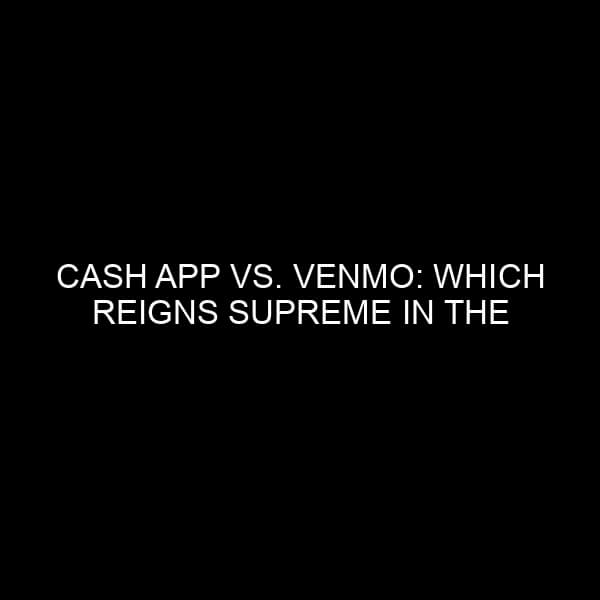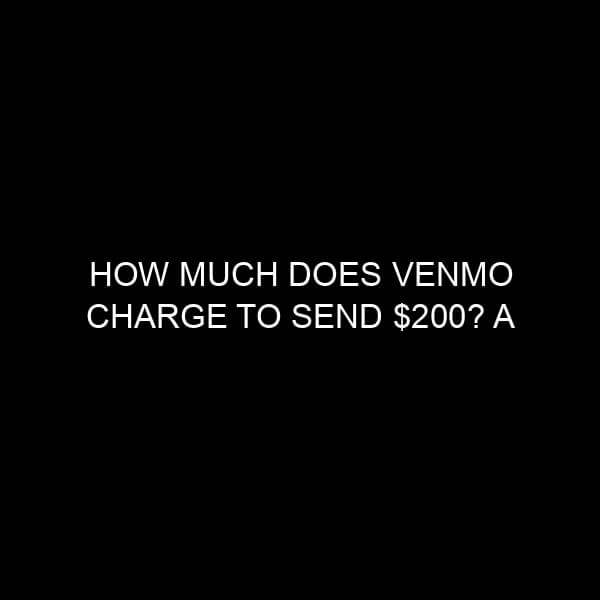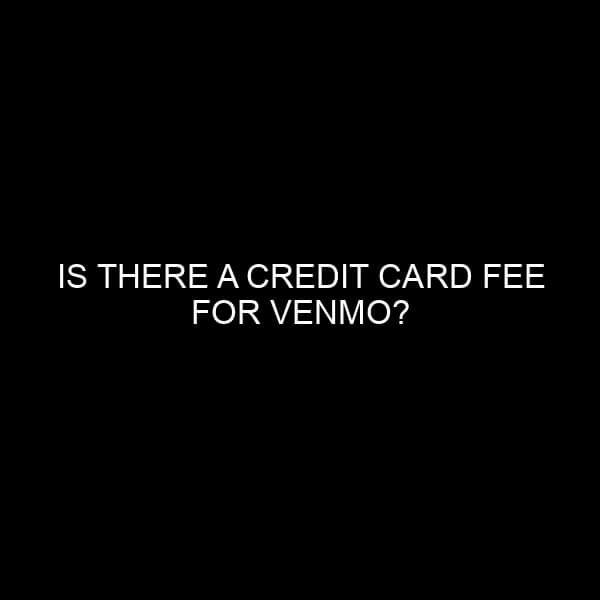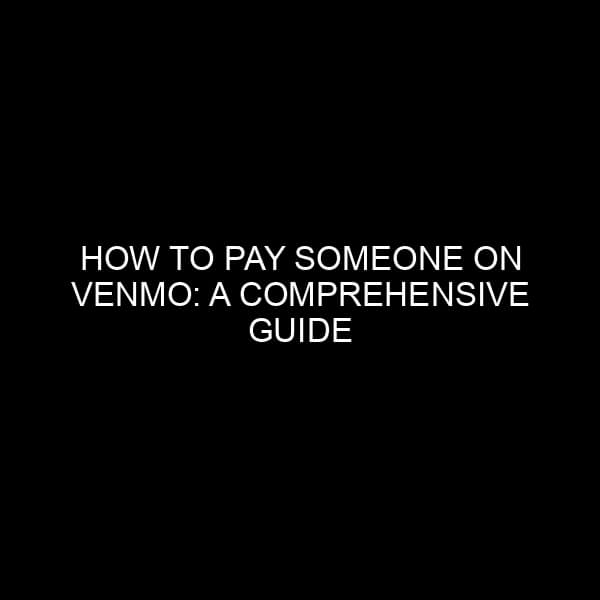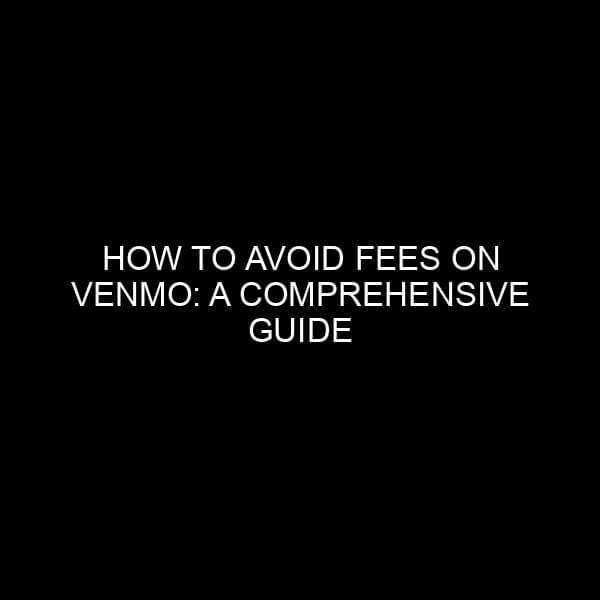Cash App vs. Venmo: Which Reigns Supreme in the Digital Payment Era?
In the digital age, the way we handle money has transformed dramatically. With smartphones becoming ubiquitous, apps have risen to replace the traditional methods of payments and cash transfers. Among these, two giants stand tall: Cash App and Venmo. Both these platforms promise swift, secure, and hassle-free money transfers, but which one edges out the other?
With a background in the financial market and banking industry, I’ve witnessed firsthand the rapid evolution of payment systems. This article leverages my expertise to dissect the pros and cons of both Cash App and Venmo, helping you decide which one is better suited to your needs.
A Brief Overview
Venmo: The Social Payment App
Venmo, owned by PayPal, kickstarted the P2P payment revolution. Its unique selling proposition was its social feed, where users could see who paid whom and for what (unless the payment is private). This social twist to money transfer, combined with its ease of use, made Venmo a favorite among millennials.
Cash App: Simplicity at its Best
Launched by Square Inc., Cash App was a response to Venmo’s growing popularity. The platform is known for its simplicity. Unlike Venmo, Cash App does not have a social feed, focusing instead on straightforward money transfers. Its minimalist approach and diverse functionalities have earned it a significant user base.
Safety and Security
Venmo’s Layers of Protection
Safety is paramount when dealing with finances. Venmo uses encryption to protect user data and allows for PIN codes, fingerprint IDs, and Face ID for mobile app security. However, due to its social aspect, there’s potential exposure of transaction details, a detail some users might not appreciate.
Cash App’s Fortified Walls
Cash App also employs encryption methods to ensure security. The platform also offers features like security locks, withdrawal limitations, and account change notifications. Given its non-social nature, transaction details are inherently more private.
Transfer Speeds and Fees
Venmo’s Pace and Pricing
Venmo offers free transfers from a linked bank account, debit card, or your Venmo balance. Credit card transfers, though, incur a 3% fee. Standard transfers to a bank account usually take one business day but can take longer. For quicker transfers, Venmo charges a 1% fee for an instant transfer to a linked bank account.
Cash App’s Transaction Times and Tariffs
Cash App offers free transfers using linked bank accounts or the Cash App balance. Like Venmo, there’s a 3% fee for credit card transfers. Cash App’s standard transfers to bank accounts also typically take one day. However, if you desire speed, Cash App’s instant transfer to a bank incurs a 1.5% fee.
Additional Features
Venmo’s Extras
Venmo’s platform goes beyond P2P transfers. Users can also make payments to approved merchants, split bills, and even shop using the Venmo card. The social feed, while seen as a risk by some, is an added layer of engagement for many.
Cash App’s Edge
Cash App isn’t just about sending and receiving money. It offers the ability to buy stocks, invest in cryptocurrency, and even provides a free debit card – the “Cash Card”. Cash App has also introduced “Boosts”, which are discounts users can activate and use with the Cash Card at specific retailers.
Conclusion: Which is the Better Choice?
The ultimate decision between Cash App and Venmo boils down to individual preferences.
If you’re someone who values social interactions and wants to combine social networking with transactions, Venmo might be the better choice. Its user-friendly interface and social feed offer an experience that goes beyond mere financial transactions.
On the other hand, if you prioritize a more diverse range of financial features, like investing in stocks or cryptocurrencies, and value straightforward transactions without the social aspect, Cash App may be the platform for you.
Both apps have grown exponentially in recent years and offer secure, efficient methods for digital payments. Evaluate your preferences, consider your priorities, and choose the app that aligns best with your needs.
